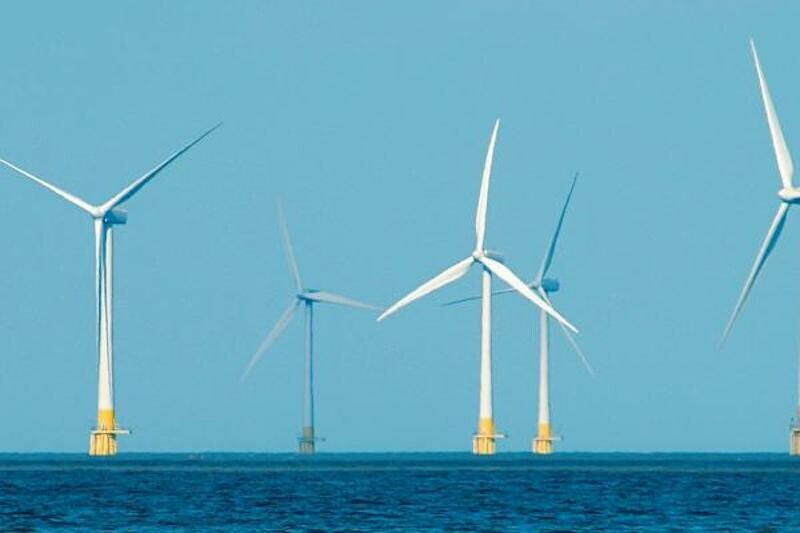If recent past is prologue, don’t expect Texas bureaucrats to hold a housewarming party for prospective developers lining up for a proposed Gulf of Mexico offshore wind lease sale.
During the recently concluded regular Texas legislative session, state lawmakers passed measures that will make wind and solar projects more costly and less attractive to developers. Clean energy advocates, however, breathed a sigh of relief when a corresponding shower of bills they say would have utterly capsized renewables in Texas failed to get enacted.
The legislature has cooled on renewables just as Texas leads the nation in onshore wind and solar power generation. It would seem the state’s powerful oil and gas lobby and its legislative allies see wind and solar as getting too big for its britches and needed to be reined in. Ironically, one of Texas’ leading oil producers, Pioneer Natural Resources, recently teamed up with Florida clean energy company NextEra Energy Resources LLC to build a 140-MW wind farm on a portion of the land it has under lease in west Texas. The generated power will be used primarily to electrify Pioneer's drilling and production operations.
The Bureau of Ocean Energy Management (BOEM) is moving closer to a possible date for what would be the first ever offshore wind lease offering in the Gulf. The sale would put roughly 682,000 acres up for grabs in federal waters off Galveston, Texas, and Lake Charles, La. A final environmental assessment (EA) of the two proposed areas was completed on May 30 with no potential environmental consequences identified. If BOEM decides to proceed, a final sale notice must be issued 30 days prior to the sale date.
While Texas lawmakers have not publicly spoken out against the offshore wind sale and the newly enacted legislation, of course, will have no meaningful impact on a lease offering in federal waters, the state backlash points to the chasm between some in the fossil fuel and renewables communities. Conversely, any offshore wind sale is poised to receive a much warmer reception by officials in Texas’ immediate neighbor and fellow oil and gas juggernaut Louisiana, who have fully embraced renewables. In what is regarded as a first in the Deep South, Louisiana enacted a Climate Action Plan early this year that, among other initiatives, calls for the installation of 5 GW of offshore wind capacity by 2035.
“Given the availability of wind power as a potential energy resource from the Gulf of Mexico, Louisiana’s advantage as a strong offshore energy producing state, and the economic development opportunity that wind power presents, Louisiana should continue collaboration across sectors and develop plans for the accelerated implementation of offshore wind power generation,” the plan concluded.




